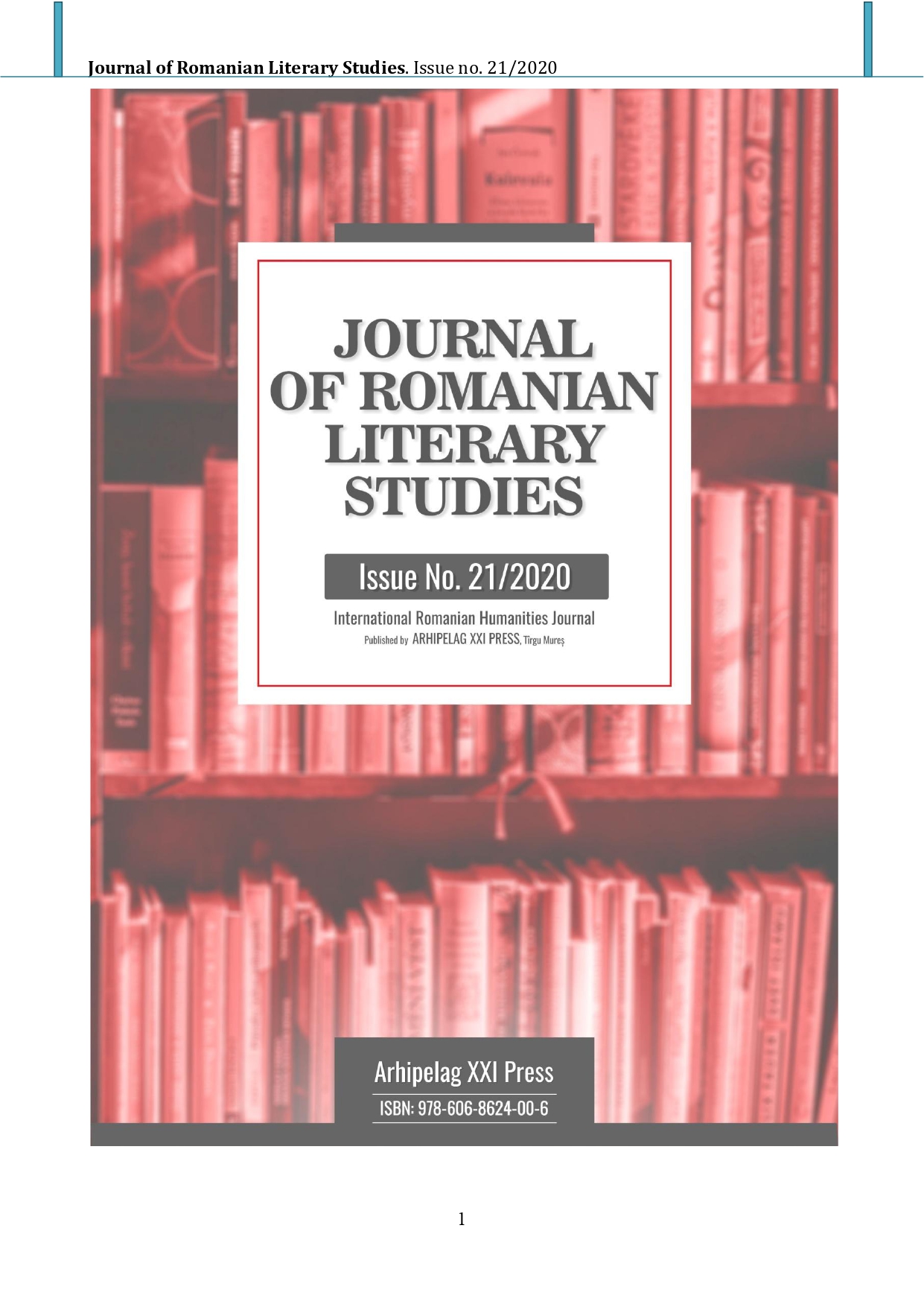EUROPEAN STRATEGY 2030
EUROPEAN STRATEGY 2030
Author(s): Cristiana StoicaSubject(s): Anthropology, Human Rights and Humanitarian Law, Applied Sociology, EU-Legislation
Published by: Editura Arhipelag XXI
Keywords: education; sustainable developement; purpose; competency; objective;
Summary/Abstract: Sustainable development means improving people's living standards, giving them a real opportunity to make choices, creating a conducive environment and disseminating knowledge, as well as providing better information. Thus, we should reach a situation where we have "a good life, within the limits of our planet", through the more intelligent use of resources and a modern economy that serves our health and well-being. The 17 Sustainable Development Goals (SDGs) or Global Objectives, assumed by our country together with the 193 UN member states in September 2015, cover a wide range of topics that promote global action in three main areas of sustainable development: economy, society and environment. The 17 SDGs are addressed to both underdeveloped and developed countries and regions alike. Thus, by 2030, the world's states are committed to eradicating poverty and hunger, combating inequality and injustice, and taking active measures to protect the environment. In order to create a more sustainable world and to engage in the sustainability issues described in the SDGs, individuals need to become change drivers for sustainability. They need knowledge, skills, values and attitudes to empower them to contribute to sustainable development. That is why education is crucial in achieving sustainable development. However, not all types of education support sustainable development.. Education that promotes only economic growth can also lead to an increase in unsustainable consumption patterns. The current approach to Education for Sustainable Development (EDD) encourages learners to make informed decisions and take responsible actions for environmental integrity, economic viability and a just society for present and future generations. National Education Law no. 1/2011 mentions, for the first time in the Romanian education legislation, the concept of early education, showing the openness to the latest studies in neuroscience and psychopedagogy, which highlights the role of early education in avoiding unwanted behaviors of the child on the path of future schooling, with effects in terms of reducing early school leaving, poor school results and low chances of employment.
Journal: Journal of Romanian Literary Studies
- Issue Year: 2020
- Issue No: 21
- Page Range: 1270-1278
- Page Count: 9
- Language: Romanian

